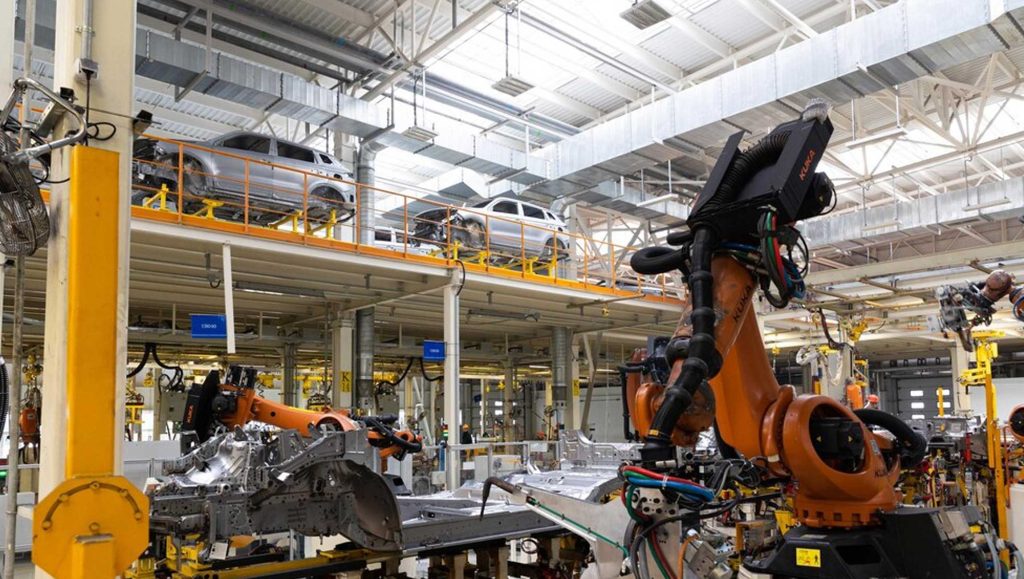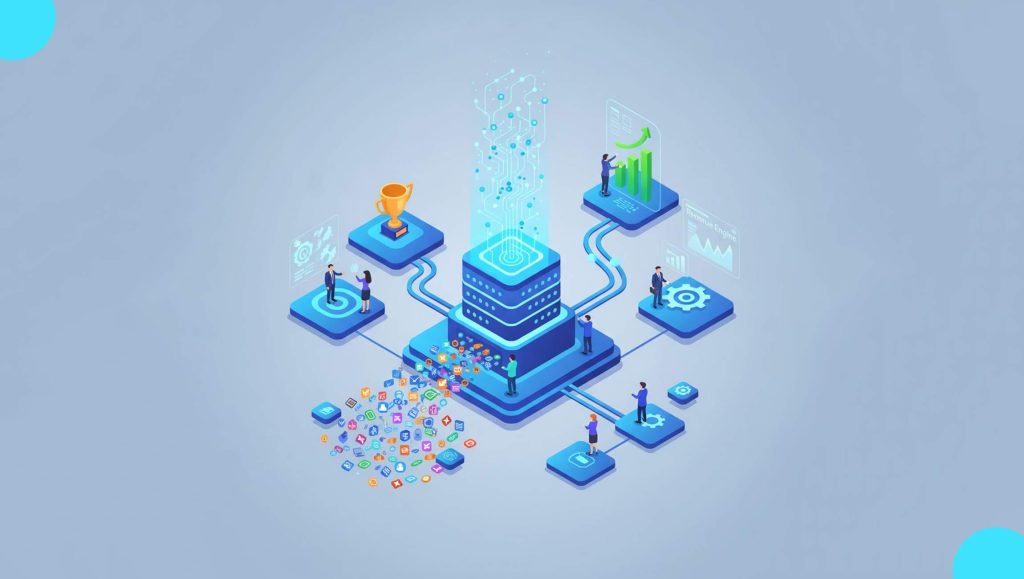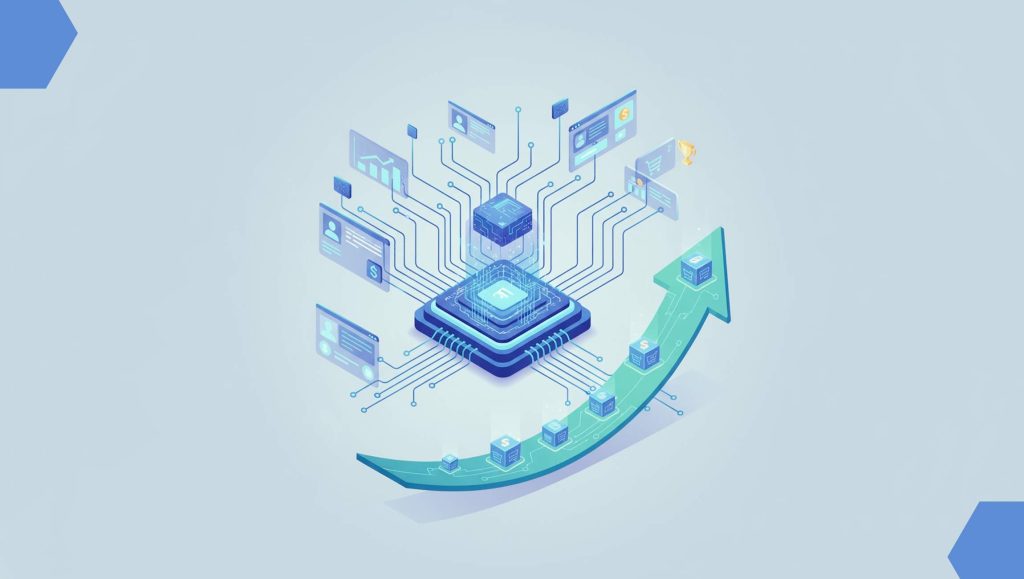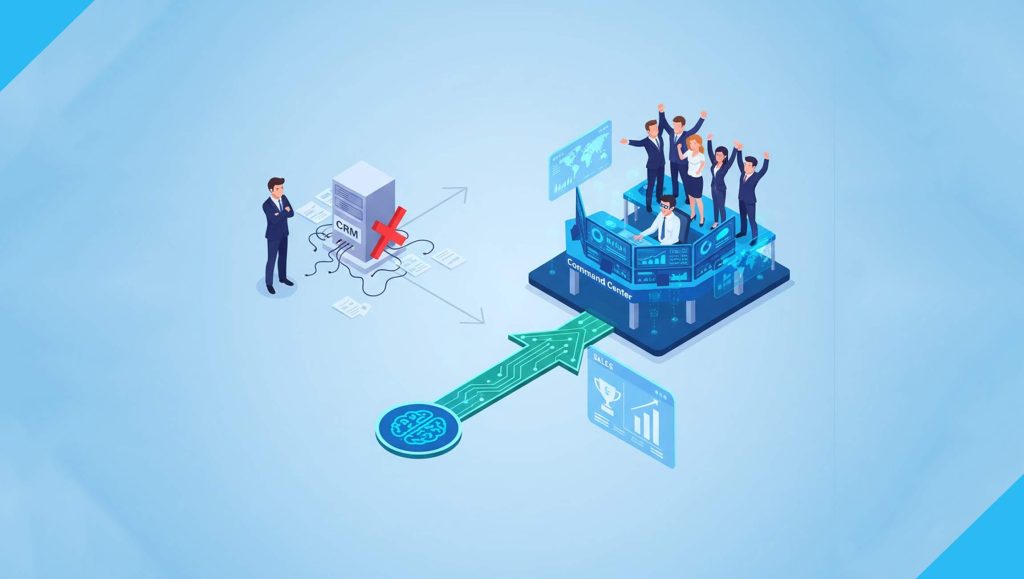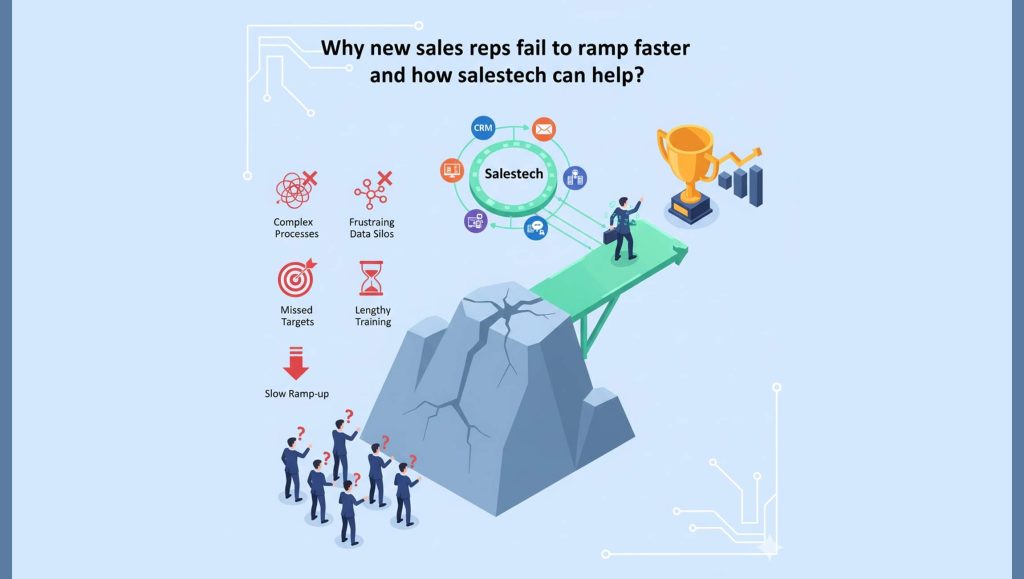The integration of Artificial Intelligence (AI) in factories is no longer a concept of the future, but a present reality. With an estimated 37% increase in AI implementation in industrial processes, the corporate sector is rapidly evolving. AI is not just streamlining operations and boosting productivity, but it’s also transforming the way factories function.
From predictive maintenance and quality control to supply chain optimization and worker safety, AI is making its mark in every facet of manufacturing. This increasing integration of AI is ushering in a new era of ‘smart factories’, where machines learn, adapt, and enhance efficiency.
Let’s explore how AI is not just transforming factories but redefining the very essence of manufacturing.
Different AI Applications in Manufacturing
Artificial Intelligence (AI) is revolutionizing the manufacturing industry. From enhancing efficiency to predicting outcomes, AI applications are diverse and transformative. Let’s delve into six key applications of AI in manufacturing.
1. Predictive Maintenance:
AI can predict machine failures before they occur. By analyzing data from machine sensors, AI can identify patterns and anomalies that indicate potential breakdowns. This allows for timely maintenance, reducing downtime and saving costs.
2. Quality Control:
AI can improve product quality and reduce defects. By examining images of products on the assembly line, AI can detect and classify defects with greater accuracy than human inspectors. This ensures high-quality products and satisfied customers.
3. Supply Chain Optimization:
AI can optimize supply chains by predicting demand, managing inventory, and planning routes. This leads to reduced costs, improved efficiency, and better customer service.
4. Worker Safety:
AI can enhance worker safety by monitoring the factory environment and identifying potential hazards. It can also provide real-time alerts to workers, helping to prevent accidents and injuries.
5. Energy Efficiency:
AI can optimize energy use in factories. By evaluating energy consumption patterns, AI can suggest adjustments to machinery and processes to reduce energy waste and lower carbon emissions.
6. Customization and Personalization:
AI can enable mass customization in manufacturing. By analyzing customer data, AI can help manufacturers tailor products to individual customer preferences, offering a level of personalization that was previously unattainable.
7. Production Optimization:
AI can significantly enhance production processes by predicting and optimizing production cycles based on various factors such as demand, availability of raw materials, and machine capacity. This leads to reduced production time, minimized waste, and increased throughput.
8. Workforce Training and Skill Enhancement:
AI can be used to develop advanced training programs that can help the workforce adapt to new technologies and improve their skills. By using techniques like virtual reality (VR) and augmented reality (AR), AI can provide immersive and interactive training experiences, thereby improving the efficiency and safety of workers.
Read More: SalesTechStar Interview with Allison Metcalfe, CRO at Cloudinary
Benefits of Implementing AI in Factories
The implementation of Artificial Intelligence (AI) in factories is revolutionizing the manufacturing landscape. But what are the benefits that this technological shift brings? Let’s explore six key advantages.
1. Increased Efficiency:
AI can streamline operations, automate repetitive tasks, and optimize resource allocation. This leads to increased efficiency, reduced waste, and higher productivity.
2. Improved Quality Control:
AI can enhance quality control by accurately detecting defects and inconsistencies. This results in improved product quality, reduced rework, and increased customer satisfaction.
3. Predictive Maintenance:
AI can predict equipment failures before they occur, allowing for proactive maintenance. This reduces downtime, extends equipment life, and saves on repair costs.
5. Enhanced Worker Safety:
AI can monitor the factory environment in real-time, identifying potential hazards and alerting workers. This enhances worker safety and reduces the risk of accidents.
6. Supply Chain Optimization:
AI can optimize supply chains by accurately predicting demand, managing inventory, and planning efficient routes. This results in cost savings, improved customer service, and increased competitiveness.
7. Sustainability:
AI can help factories reduce their environmental impact by optimizing energy use, reducing waste, and promoting sustainable practices. This contributes to the global sustainability goals and enhances the company’s reputation.
Road Ahead for AI in Manufacturing
The road ahead for AI in manufacturing is paved with endless possibilities. As AI continues to evolve, it’s set to transform factories into intelligent ecosystems where machines learn, adapt, and optimize operations. The future will see AI not just as a tool, but as an integral part of the manufacturing process. It will drive predictive maintenance, real-time quality control, and supply chain optimization to new heights. Moreover, AI will play a crucial role in achieving sustainability goals, making ‘green manufacturing’ a reality. As we move forward, the integration of AI in factories will no longer be a competitive advantage, but a necessity. The future of manufacturing is smart, efficient, and sustainable, and AI is leading the way.
Conclusion
AI is not just transforming factories; it’s transforming the entire manufacturing landscape. From predictive maintenance to quality control, AI is making its mark in every facet of manufacturing. As we move forward, the integration of AI will become a necessity, not just a competitive advantage. The future of manufacturing is smart, efficient, and sustainable, and AI is leading the way. Embrace the power of AI and join the revolution. The future is here.
Read More: The Art And Science Of Negotiation In Sales


